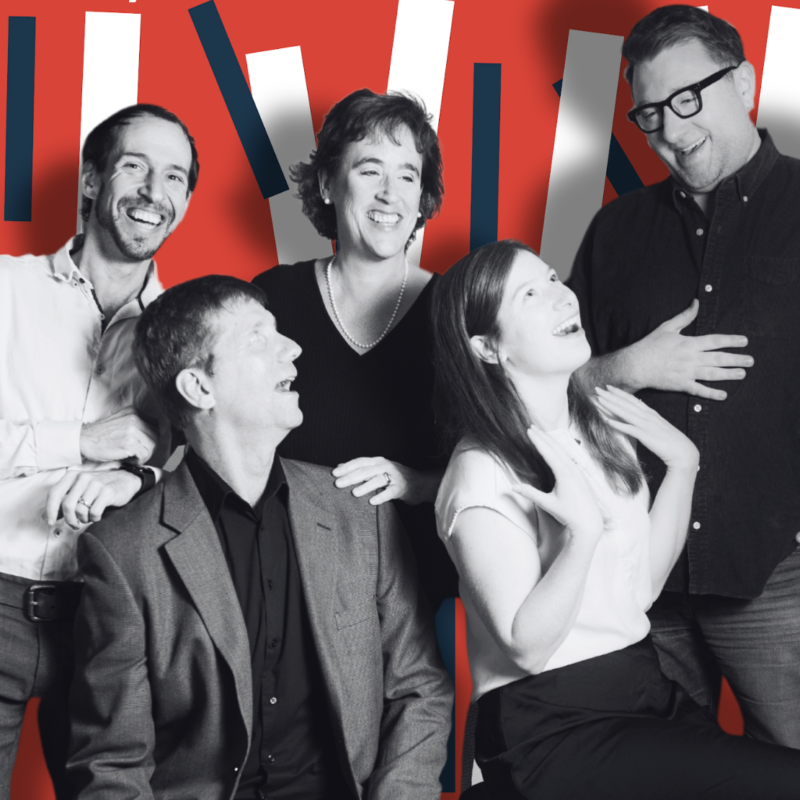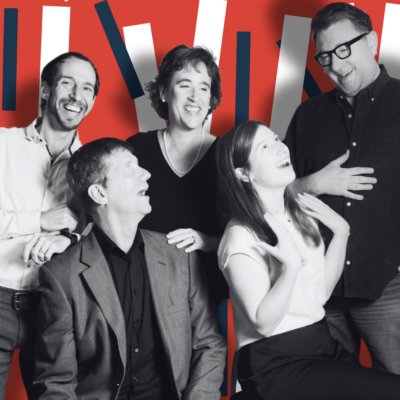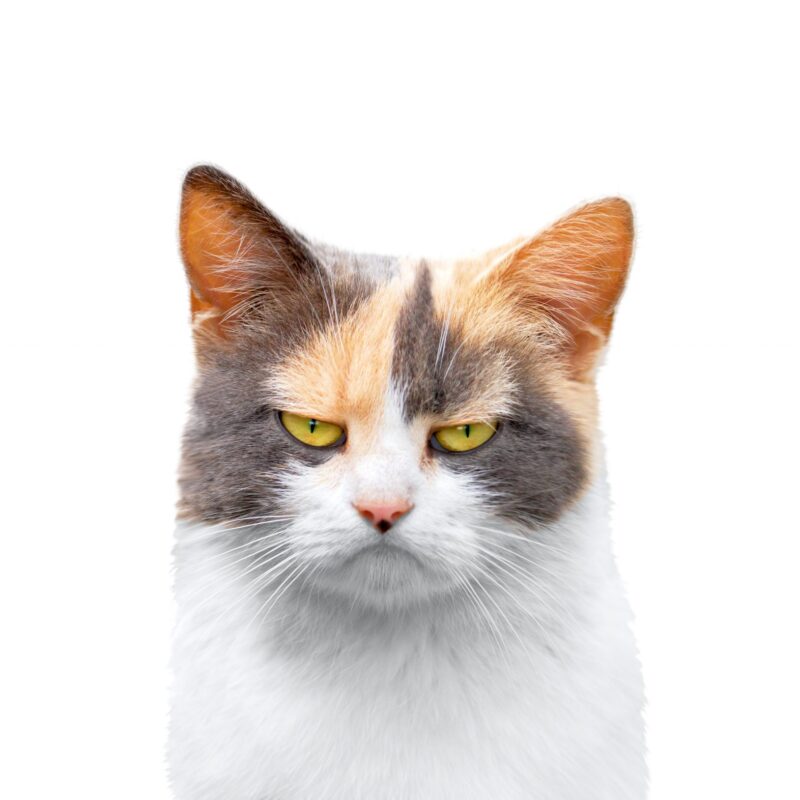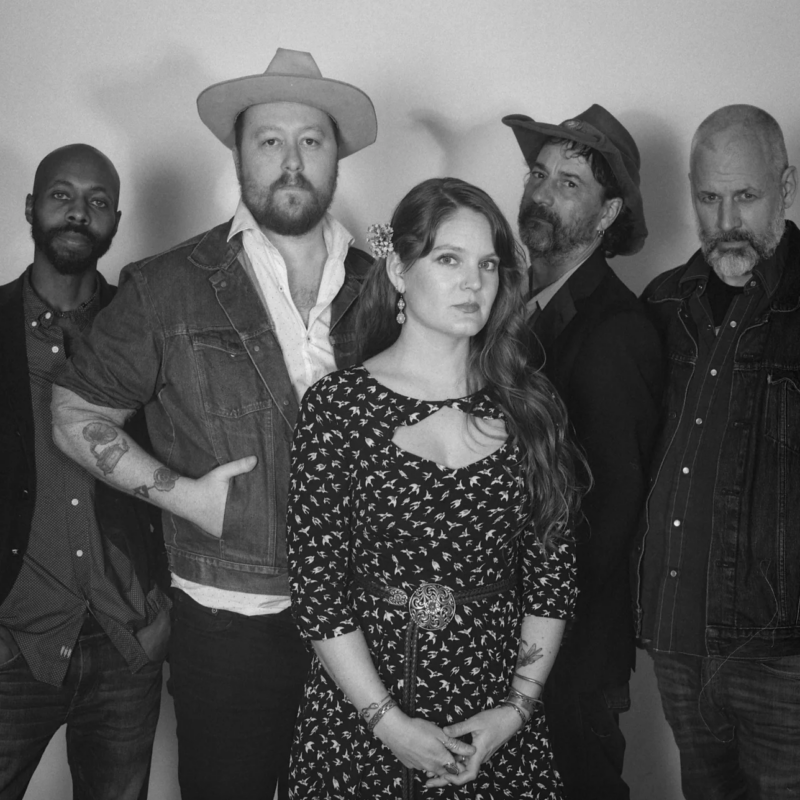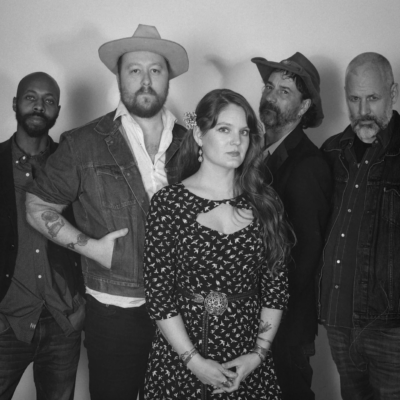Have you heard about those MIT researchers who invented a camera that records a trillion frames per second, literally reducing the speed of light to mind-boggling slow motion? More importantly, has Guy Ritchie heard?
|
Robert Downey Jr. and Jude Law reprise the roles of Holmes and Watson in Sherlock Holmes: A Game of Shadows, director Guy Ritchie’s latest attempt at translating a cerebral Victorian mystery series into a showy modern action film. Photo courtesy Warner Bros. |
Ritchie’s Sherlock Holmes: A Game of Shadows derives from Arthur Conan Doyle’s fiction, but it’s hard not to wonder if the director’s real inspiration was that famous old freeze-frame of a bullet blasting through an apple. There’s a lot of time being slowed down here, not just because it’s a Victorian period piece but also because its maker loves to gape at flying bullets and fists. Ritchie’s dubious breakthrough, so zealously embraced in his first Holmes film two years ago and obligingly repeated in the new sequel, is to posit these grunting sub-montage digressions as an action-thriller expression of the great detective’s consequence-calculating mind. But all pretensions to the contrary aside, A Game of Shadows is anything but a head game.
Robert Downey Jr. resumes his role as the supersleuth, with Jude Law again playing his loyal physician helpmate Watson, this time tangling with storied criminal-mastermind nemesis Moriarty, in the amusingly palpable form of Jarred Harris. With due respect to screenwriters Kieran and Michele Mulroney, you know it’s a Guy Ritchie movie when even the great intellectual rival is depicted as a mouth breather.
Moriarty’s plan for world domination involves cornering the market, by any means necessary, on war supplies. Holmes’ task is to stay a few moves ahead of him. And Ritchie’s strategy about strategy is self-parodic, more or less “Me prove me smart. Me put chess piece in extreme close-up!”
Ever the theatrical swaggerer, Downey doesn’t exactly redeem this material, but he still seems like the best man for it. Holmes practicing his disguises allows Downey the challenge of simultaneously chewing on and blending in to the scenery. He’s always had a gift for physicalizing his intelligence—or, as befits Ritchie’s project, channeling it into a current of smartest-guy-in-the-room smugness. With that in mind, it’s a minor coup for Ritchie to have cast the great Stephen Fry as Holmes’ older brother Mycroft, a government dandy who rivals the detective’s deductive brilliance but is lazy and unwilling to sully himself—a one-man antithesis to the movie’s sooty vim. Looking bulbous and at ease, Fry nonchalantly sends up the preposterousness of the whole enterprise; he’s the only one here who’s not trying too hard. Even Noomi Rapace, as a combat-ready gypsy accessory, seems strained by her assigned duty to just look nice.
A Game of Shadows goes down abrasively, with all the fizz and chemical syrup of soda pop. Then it sits in the gut, passing off heaviness as satisfaction, and this kind of effect can be habit-forming. “All that slow-motion stuff? I love that,” one young woman said on the way out of a recent screening. She wanted more.
/SHH2-FP-003.jpg)
